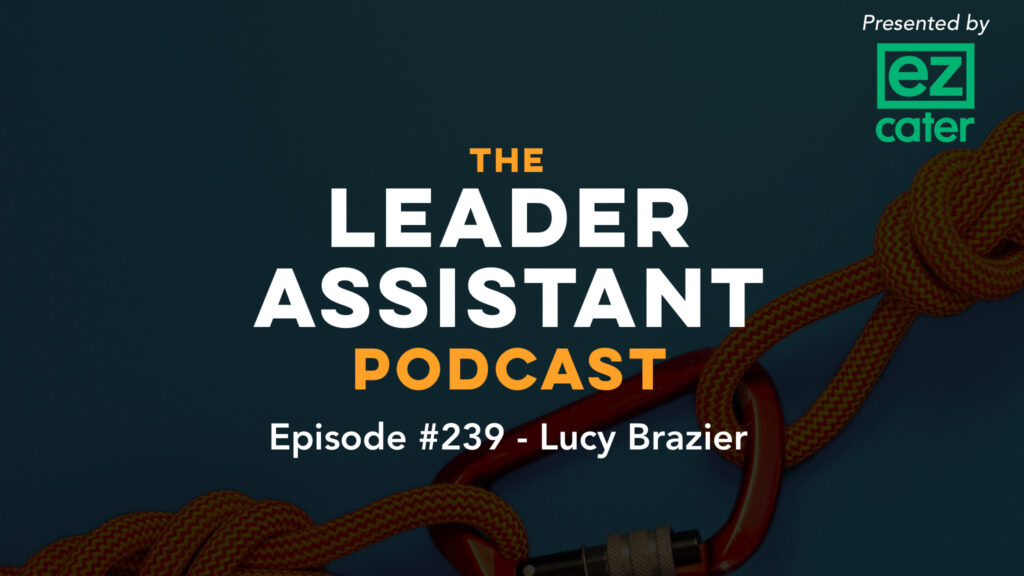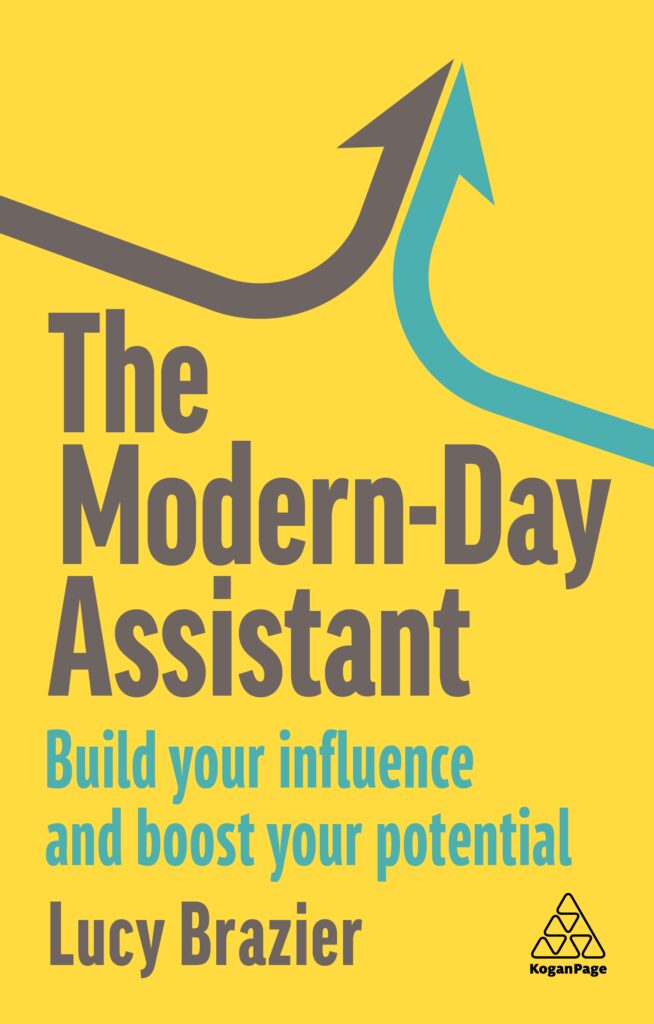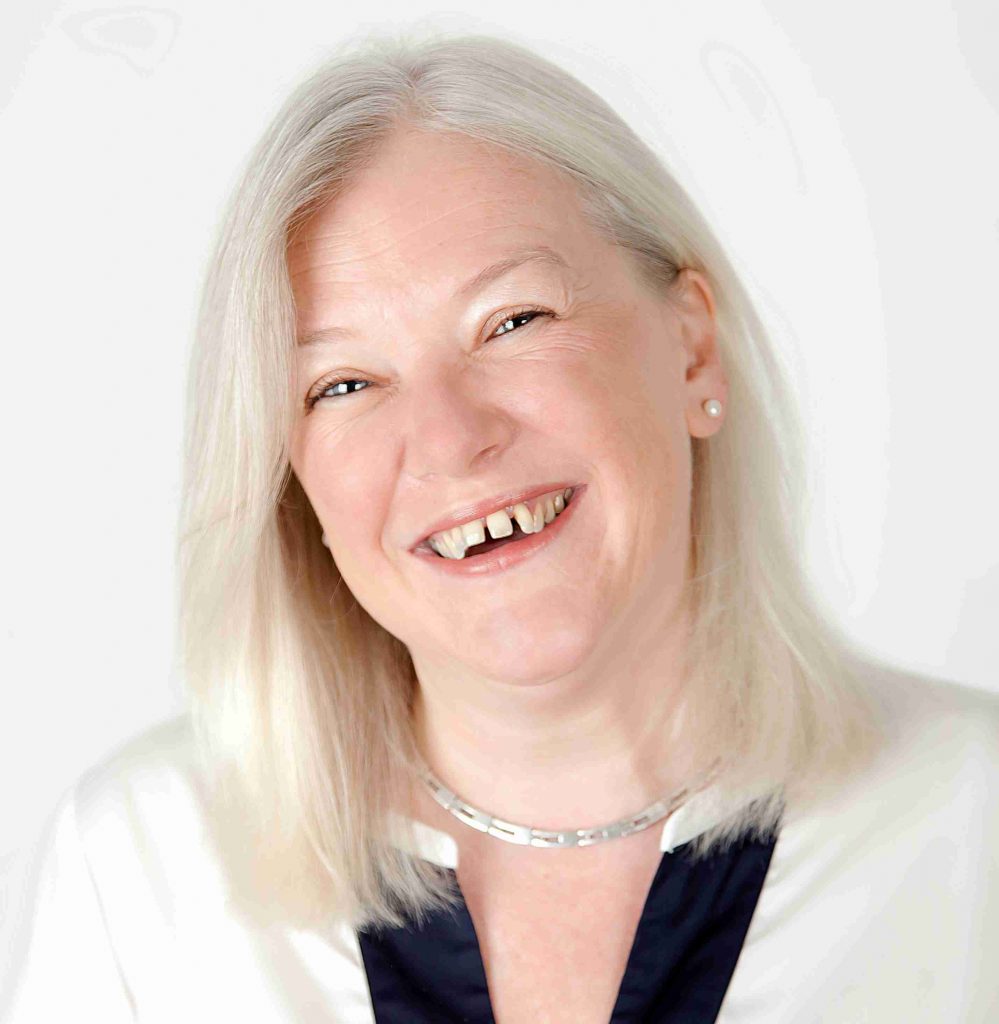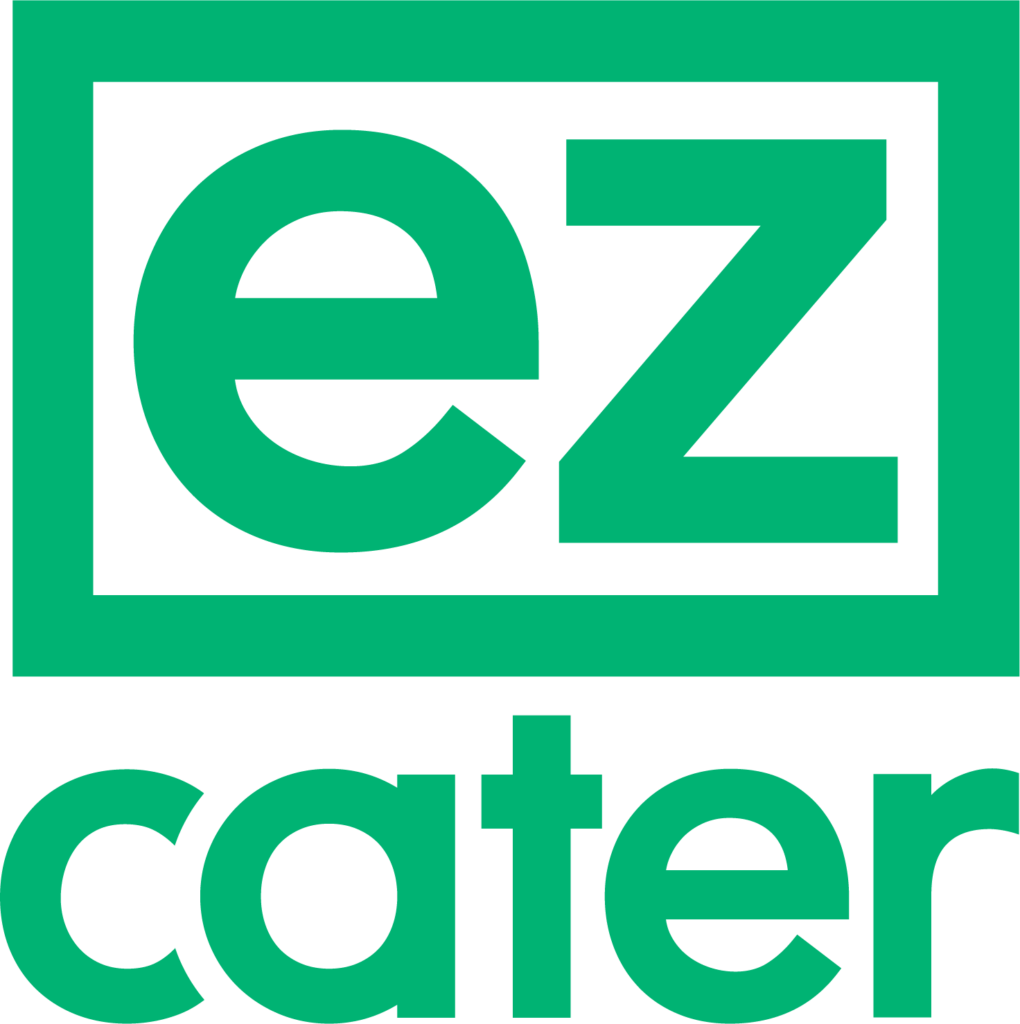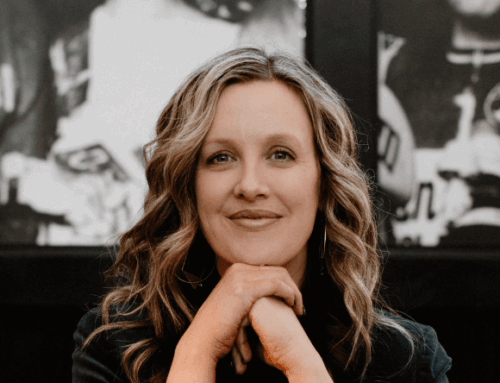Lucy Brazier, OBE, is one of the world’s leading authorities on the administrative profession. Lucy is author of The Modern-Day Assistant: Build Your Influence and Boost Your Potential, as well as the CEO of Marcham Publishing, a global force synonymous with world-class conferences and training.
In this episode, Lucy talks about her new book, the Global Skills Matrix for administrative assistants, and much more.
CONNECT WITH LUCY
- Lucy on LinkedIn
- executivesupportmedia.com
- Lucy’s book, The Modern-Day Assistant: Build Your Influence and Boost Your Potential
ABOUT LUCY
Lucy Brazier, OBE is one of the world’s leading authorities on the administrative profession. Author of The Modern-Day Assistant: Build Your Influence and Boost Your Potential, she is the CEO of Marcham Publishing, a global force synonymous with world-class conferences and training, including Executive Support LIVE and Modern-Day Assistant, and home of Executive Support Magazine, the gold standard of training in print for administrative professionals.
Lucy is passionate about ensuring the assistant role is truly recognized as a career and not just a job – and is dedicated to supporting the development of both senior and aspiring administrative professionals. She has keynoted at almost every major conference for assistants in the world and has a unique overview of the role and where it is heading.
–––
THE LEADER ASSISTANT PODCAST IS PRESENTED BY EZCATER
ezCater is the nation’s most trusted provider of corporate food solutions — the best way for companies to order food for daily employee lunches, meetings, and events of any size or budget. ezCater’s simple-to-use platform provides a network of over 100,000 restaurants nationwide, business-grade reliability, food spend management tools, and 24/7 support from their highly trained customer service team.
To explore corporate food solutions or place a catering order, visit ezcater.com.
–––
THE LEADER ASSISTANT PREMIUM MEMBERSHIP
To learn more about how you can join growth-minded Leader Assistants, check out our Leader Assistant Premium Membership for ongoing training, coaching, and community.
THE LEADER ASSISTANT BOOK
Download the first 3 chapters of The Leader Assistant: Four Pillars of Game-Changing Assistant for FREE here or buy it on Amazon and listen to the audiobook on Audible. Also, check out the companion study guide, The Leader Assistant Workbook, to dig deeper.
LEADER ASSISTANT LIVE EVENTS
Check out our constantly updated schedule of events for admins and assistants at LeaderAssistantLive.com.
JOIN THE FREE COMMUNITY
Join the Leader Assistant Global Community for bonus content, job opportunities, and to network with other assistants who are committed to becoming leaders!
SUBSCRIBE
Subscribe to The Leader Assistant Podcast so you don’t miss new episodes!
You can find the show on Apple Podcasts, Spotify, Google Podcasts, Pandora, and Stitcher.
Join my email list here if you want to get an email when a new episode goes live.
LEAVE A REVIEW
If you’re enjoying the podcast, please take 2 minutes to rate and review the show on Apple Podcasts here. Each review helps me stay motivated to keep the show going!
–––
EPISODE TRANSCRIPT
Podcast Intro 0:05
The Leader Assistant Podcast exists to encourage and challenge assistants to become confident game changing leader assistants
Jeremy Burrows 0:21
are you tasked with ordering food for your office? Let me tell you about ezCater with over 100,000 restaurants to choose from nationwide and 24/7 customer support. EzCater helps assistants like you and me succeed at work and makes our lives easier. Visit ezcater.com/leaderassistant to find out more. Hey friends, welcome to The Leader Assistant Podcast. It’s your host Jeremy Burrows. And this is episode 239. It’s very special episode because in way, way back in episode number 38 I had the privilege of speaking with Lucy Brazier and Lucy and I had a great conversation you can check out that episode. In our first interview conversation at leaderassistant.com/38 leaderassistant.com/38 to check out part one. But now 200 episodes later 201 episodes later. A few years later, I’m excited to welcome back Lucy Brazier for episode 239. Lucy, welcome back to the show.
Lucy Brazier 1:36
Thank you so much, Jeremy, it’s always great to see you. And I’m so looking forward to this.
Jeremy Burrows 1:40
Awesome. So a lot has happened in the last few years since we since we last spoke. So let’s jump right in. And tell us a couple personal things that have happened with you with maybe your hobbies or your travel or your family. What’s What’s something that you’ve been grateful for over the last three years.
Lucy Brazier 2:02
Oh, grateful for so many things. But of course with TV and hitting. We were in London when COVID hit. We were two months off our big conference, I think two weeks off our big conference actually. And we had nowhere to live. So that was all very exciting. And very luckily, my church found us a house. And we stayed there from the April through till August when we were finally able to move to Spain, which had long been a dream and my husband is 20 years older than me. So we well, he has retired there. And I now have an office there. So it’s a whole new way of life. And it is wonderful. It’s a 30 minute walk to work in the morning right along the seafront. So it’s very beautiful. And I can see wonderful things first thing in the morning every day. And I have a new team out there. And it’s just an absolute joy. So that’s one thing that’s personal, which I am very grateful for, because it gives me a lot more balance in my life. And the temperature is certainly better than the UK. But secondly, the other thing, which I know, a lot of the listeners will probably have seen is getting my OB back in 2021, which was a complete surprise. And for those of you that aren’t from the UK, you won’t know what that is. But it was an OBE is an officer of the British Empire Award. And I was awarded it by the late Queen. So I now have a scroll that’s sitting on my wall in Spain with her signature in blue ink on it. But I actually went to Windsor Castle a couple of weeks back and got awarded it by the king. So all very exciting and really lovely to have that recognition for services to Office professionals.
Jeremy Burrows 3:41
Awesome. Well, congratulations. And yeah, that’s definitely, definitely a big, big accomplishment. All right, well, let’s talk about professionally now. So your work with it. Now, I think I think when we last spoke, it was your organization was named differently. And so now your executive support media. And so I believe you had a name change, and then you’re done. Obviously, you mentioned the COVID transition. But what’s been maybe your most exciting thing in your professional organization as far as what you’ve done with assistance, and yeah, what are you excited about these days? I know it’s been a while since we’ve chatted.
Lucy Brazier 4:29
Yes, you’re so right. So when we last spoke, we were executive secretary. And obviously that word was becoming obsolete. And it was very important that we were keeping up with the time so we became executive support media, which is far more and where things are at but I think, you know, over COVID Like everybody else we pivoted and I hate that word, but I can’t think of a better one. And we went and did all sorts of things online. So we moved from doing five conferences a year on five different continents to doing two a year now. in person and to online, which is wonderful. But the thing I’m most excited about is the work that is actually not my commercial work at all. It’s the global skills matrix. And the global skills matrix, which is the world administrators Alliance. Product is a career framework for assistance that was signed off by the heads of association from 29 different countries. And it means that for the very first time, there is a way to look at the career of an assistant and to see all five different levels and what skills and behaviors and tasks you can expect for each level. And we’ve now drawn up competencies that you can align with that as well. And so I think it’s really exciting. We’re talking to some of the biggest businesses in the world about how they restructure their administrative functions, to turn them into departments often. And I think that’s really important, because previously, they had said, you know, we can’t have people sitting in departments because they have to sit across the business, which meant you were very siloed, I think, as assistants, whereas now, because so many you’re working from home or from when a hybrid situation, it means that you can have, like everybody else, structure and leadership, kind of, you know, when I’m big, I want to be that person, and professional development and budget. And I think more than anything else, it’s about goals and KPIs and performance review, so that you know, when you’re exceptional, and you know, when you should be getting promoted, rather than it being about either somebody managing you who says, Oh, well, they’re a nice person, let’s give them a pay rise, because they don’t understand what somebody in administration is meant to do at all. Or just because your executive is promoted. And they say, Well, it’s time for them to get promoted. At the same time, it gives you a career path all of your own. And that, to me, there are literally 1000s of businesses now across the world who are implementing that. And Blackrock just got it over the line in America, which, obviously, they’re a UK business and in various other places, as well. But I was in New York when they got it over the line. And that was so exciting to see a business of that size, finish their restructure that they had sent to check against the global skills matrix. And now their assistants are doing all sorts of interesting things. And in fact, they are in the process of putting together a case study for us, which I’m really hoping will be published. So that not probably for 18 months time because we have to see what the results are. But it’ll give a really strong barometer for everybody else as to what the results can be when labor skills matrix is implemented. So that, for me is the most exciting thing, because I think that’s a total game changer for the profession.
Jeremy Burrows 7:39
Yeah, you know, it’s I often talk to assistants who are like, Yeah, I’m working in this, you know, small organization, and they give me high ratings on my performance reviews. And they say, I’m doing great, but then when I ask for a salary increase, they’re like, well, you’re at the top of the salary range, you know, and it’s like, they don’t have a lot of HR departments and a lot of our org charts, don’t even have a bucket for the administrative professional titles, what you know, whether you’re executive assistant, administrative assistant office manager, to executive support, their executive business partner, you know, all those different types of titles, they just don’t really have anywhere for you. And so I think it’s great to have different ways to kind of show people like, listen, you’ve got all your engineers in a very clear career path. You’ve got all your salespeople with a very clear career path. You’ve got all your marketing people that have very clear career path. How come there’s no not a clear path for executive systems. So that’s great. Yeah. And
Lucy Brazier 8:48
it kind of ties into that wonderful article from Simone white on the need for inclusion, in which she says, I am a woman, I’m black. But neither of those things have held me back in my career, the thing that has held me back is the fact that I’m an assistant. And really, she is now one of the most powerful assistants in the world. But I had a conversation not too long ago with the head of HR at European Central Bank, who was saying that they were looking at the issue of assistance in terms of inclusion, because they are excluded from so many different things. And you’re absolutely right, Jeremy, it is so important that there is some form of career progression. And can you imagine if any of those departments sales, marketing, finance, didn’t have leadership, and they were saying, Well, you know, you can organize yourselves go and get a lunch and learn, right? You would never have it because you can’t measure performance in that way. And the point is we Global Skills matrix. If you can’t measure it, you can’t improve it. And for the very first time, there is now a tool which says, you can measure your assistance and what their performance is, and you can work out what the skills gaps are, and then you can train them to become a world class administrative function so that they can underpin what stakeholders are doing. And surely that’s what every business worth its salt. Oops, I think you know, it’s quantifiable. And I know you talk about this stuff all the time also. But we had an organization just as an example, from America, it’s a national laboratory. They had over 500 assistants, it took us a year to track them down, because there were so many different job titles, and they weren’t sure how many they had. And we did the math for them, because they were on an efficiency and cost saving drive. And we thought, Well, okay, if we’re putting together a document that is a case study, I get a business case for restructure really important to make sure that we’re doing the math in there. And when we worked out, if each of those assistants was saving the middle management, not the senior management, the middle management one hour a day, the amount of saving in a week was $88,600. And that’s before they went and did anything else with the time the executives in that time that had been saved, that’s before you looked at the actual amount of time saved. That’s before you looked at the senior management and their salaries, or finding the superstar assistants, or the ones who are retired in situ. And of course, they’re also savings on recruitment costs. So it’s a total no brainer for me. And once you start talking about the business impact, then they’re interested, they sit and they go, Oh, we’ve never thought about it like that. Okay, let’s go back and take a look at it.
Jeremy Burrows 11:23
Yeah, yeah. And I love what you said about when we talk about the business impact. You know, I often say, you know, the conversation, the assistants need to have with their executives should be a business conversation, not a personal, you know, here’s how, you know, I need to make more money, I feel like I need to make more money, I feel like I’m underpaid. No, that’s not gonna get you very far. It needs to be an objective business conversation with data. And, and a business case that communicates in the way that your executive likes to be communicated to and most of the time, and my experience, executives like to see raw data, and they like to see the cost, and then the return on the investment, and the risk, reward and all those things. So well said
Lucy Brazier 12:12
breed. And I think coming out of COVID, businesses have become almost obsessed with proving the ROI on every member of staff, what is the quantifiable value that they’re adding to the bottom line. And for the very first time, that’s including the assistants. And you know, most HR departments have no idea how to quantify that. So showing what it does for the business and for the executives, in terms of improving their productivity, because we both know that for every arrow of time that’s saved, that drops directly to the bottom line is very, definitely the way to get this, you know, across the line, and to get them set up and to take notice as the changes you want. And the other thing about coming out of COVID is that everything just changed. So what’s one more change. And I think as assistants, you know, we tend to sit back and go, oh, let’s wait until everybody else has done their bit and see how it shakes down and then see where we fit. Please don’t do that. Because if you do that, it’s all going to change. And then they’re going to go well, it’s done. Now, look at it and work out where you want to sit, what value you’re going to bring to your businesses and push. And I know that’s not something you’re very good at, but push for your position within the business, because there’s never been a better time for you to step into the potential and the role that you’ve always wanted it to be I don’t think.
Jeremy Burrows 13:30
Yeah, well, third, and you know, speaking of potential, you recently published a book called The modern day assistant to build your influence and boost your potential. So I’d love to first of all, congrats on publishing the book, as a publisher, as a book author, myself, I know it’s a lot of work. And it’s a big project. And it can be very emotional and vulnerable, and all all the things. So congrats on getting your book out into the world once you tell us a little bit about Yeah, what what do you cover in the book? And what are you excited about to share with the world?
Lucy Brazier 14:11
Um, I think actually, you know, the thing that I’m most terrified about, just before I tell you, that is the fact I can’t change anything. Now, I don’t know about you, but you keep going over and over and over it. And then they say, right, done, you can’t do any more. And for me, I wanted to get my two day course out there in book format, and to tell some stories, I guess, and to just put it in the hands of all the people who really aren’t able to come and attend my course the more people that can get that information and can be helped to really understand where the role is headed, the better. You know, and I think, for me, I chose to not self publish, but to do it through a proper publisher, mainly because actually, if I published it myself, I would probably make a lot more money, but they are doing all sorts of PR for me. So Hopefully there will be articles in the business press, which is what I’m interested in, because they want to get to the CEOs of the the head of HR and so on. So that we can talk about things like the global skills matrix, and really help them to understand how to utilize the assistance properly. Because the survey we did when we did the global skills matrix said that 78% of the assistants felt that they were not being used properly, and that the businesses they worked for didn’t understand the impact that would be had, if they did, if they were used properly. So I think those conversations I’m really excited about, but the book is, you know, it’s, it’s exactly the same structure really, as my course, which is looking at the history, first of all, and what that means or where it’s heading as a role. And then a whole load of stuff on leadership and on communication and on why networks are important. And obviously, business strategy, because I think learning to speak business as an assistant is hugely important, the effect of hybrid working, and there’s some stuff in there about problem solving. And finally, we end up with stress and how you manage stress. So it’s all sorts of different things. And I’m hoping it’s a bit of a whistlestop tour that will really make them think, and I’m pleased, but I think that everybody who’s read it so far, has said they can really hear my voice in it. And they expected it to be a business book. And it is, and there’s a lot of good information in there. But I think as you said, there’s an amount of vulnerability in there. And there’s a lot of truth in there. And it’s a lot about my personal journey. And I, I come at it from the point of view of SEO, and how I have utilized my assistants and what has made the most difference, as well as from a point of view as obviously, learning from assistants all over the world over the last 12 years as I’ve been traveling, what their issues are and how they’ve dealt with them. So I’m hoping it’ll become a bit of a treasure train for me.
Jeremy Burrows 16:50
Yeah, that’s great. Well, the modern assistance is available at major book retailers and Amazon, I’ll include the link in the show notes at leader assistant.com/ 239 Leader assistant.com/ 239 definitely recommend checking out that book out. And actually, you know, you mentioned Lucy, that you you know, the hard part is like, Oh, you’re done. You can’t you can’t add it, edit it anymore. You can’t add any more. So now that it’s out, and that you’re done with it. What’s that one thing that you’re like, oh, man, I should have wrote a chapter about this, or oh, man, I should have added this to the book. Have you had that yet that thought yet?
Lucy Brazier 17:31
Certainly, because I’ve been blogging like crazy, I started a blog after I’d done it so that I could write other things. And, you know, things come to mind. I’m actually in the middle of doing a really huge piece of research. And I’ve done about 20 hours of talking to assistants so far to make sure that we’re on the right track. And we really understand where we’re heading and whether we’ve got it right. More importantly, and the things they’re telling us are really stimulating my thought processes for writing. So for example, the other day, I was talking to somebody who said, Isn’t it ironic, that assistants who are trusted probably one of the most trusted employees, that their business are not trusting themselves to advocate for themselves? And of course, you know, how true is that? So I wrote a post on that. And culture as well. Assistance being leaders of culture. That’s another one that really went a bit bonkers when I hit and a lot of people shared it and said, that was so useful. I hope you’ve said more about that in the book. And no, I haven’t. So maybe there’s a book to
Jeremy Burrows 18:39
say, there you go. Awesome. Well, thanks for sharing. And yeah, congrats on the book launch and congrats on OBE and all of the personal accomplishments and personal changes that you mentioned. And it’s been great to catch up with you. What’s the what’s the best place for people to just find you reach out, say hi connect, find out more about your your events and everything else.
Lucy Brazier 19:06
So the website is executivesupportmedia.com. If anybody’s interested in the global skills matrix, it is GlobalSkillsmatrix.com. And there’s all sorts of free downloads on there. It’s our gift to the profession, world administrators alliances gift to the profession. So all of that information is for free. And the other place to reach out to me is on LinkedIn, of course, because that’s really my platform and the one that I engage with people on the most so you can go and find me. It’s literally Lucy Brazier. You’ll see me.
Jeremy Burrows 19:39
Awesome. And then you know, just to wrap up our conversation. You’ve got hopefully 1000s and 1000s of people listening to this episode. What, what’s if you could, let’s imagine that they all were working in office, and they’re all driving to work Right now, what’s one thing you want to say to this instance of the world as they’re driving into the office or logging into their remote desk?
Lucy Brazier 20:10
You shall, and you will. And you must grab this moment. Don’t wait for other people to do it for you. Everybody has their part to play in making this change for the profession. And so you need to step up and go talk to your HR department before the moment has passed. And you’re looking back going, I wish we’d done it.
Jeremy Burrows 20:32
Awesome. Well said Lucy. Well, thank you so much again for being on the show. For those listening, again, the show notes leaderassistant.com/239. And if you want to check out part one where at least you know I talk about different things and talk a little bit in a different era as well. A few years ago, that’s episode 38 Leaderassistant.com/38 so thanks again Lucy and best of luck to you.
Lucy Brazier 20:59
You say much Jeremy.
Unknown Speaker 21:11
pleased to have you on Apple podcast.
Unknown Speaker 21:20
Goburrows.com

